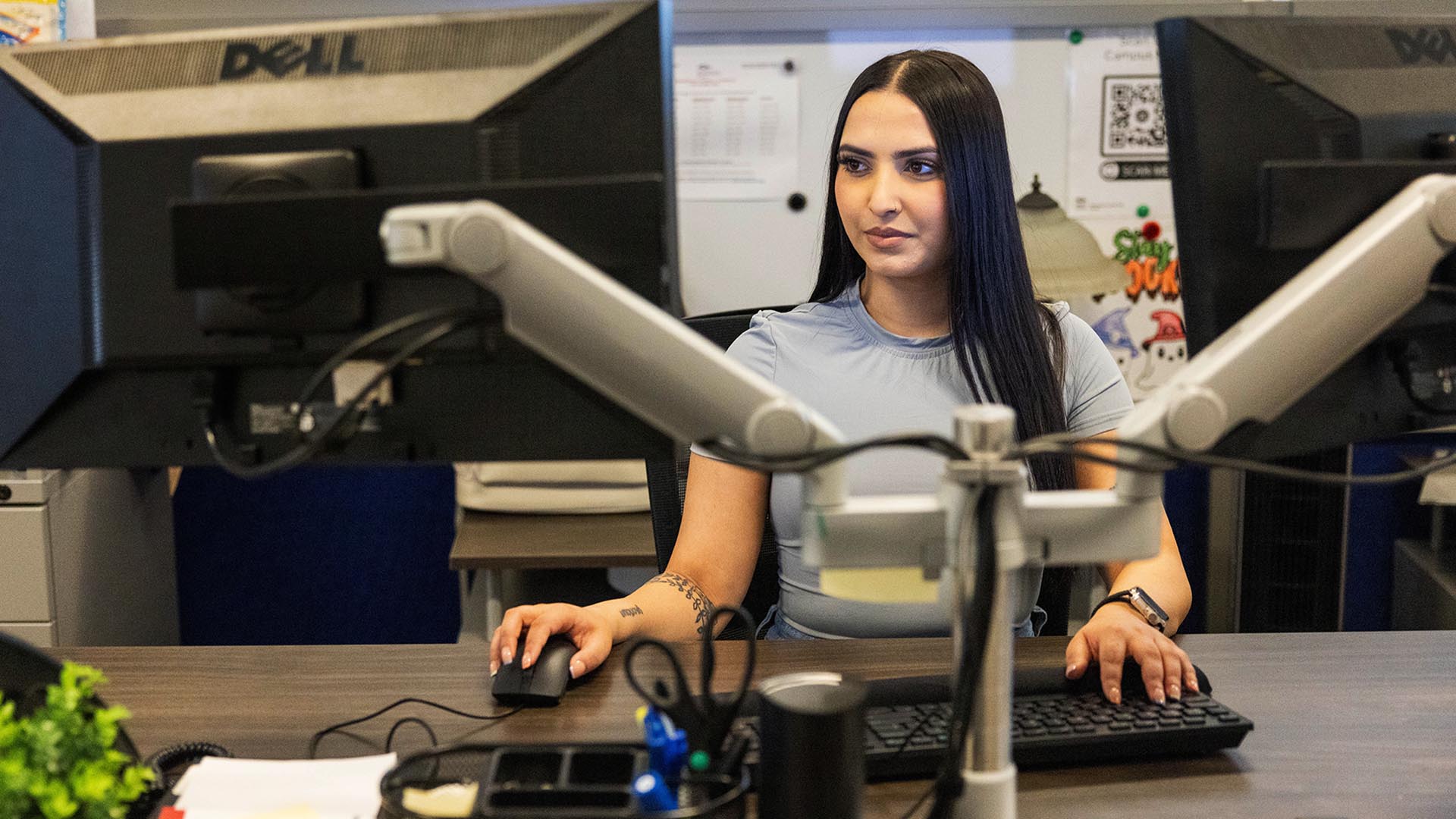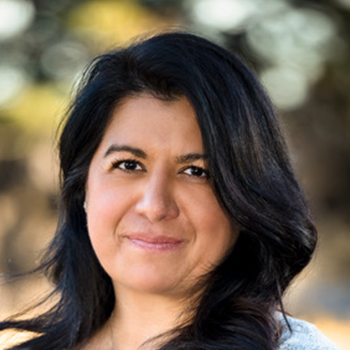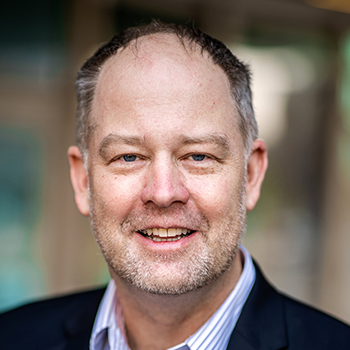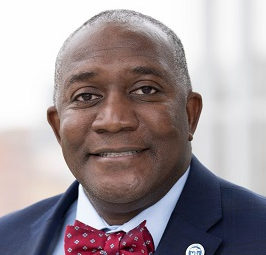We are the Globerunners
Thanks to blossoming international partnerships, Roadrunners have access to perspectives from across the map.
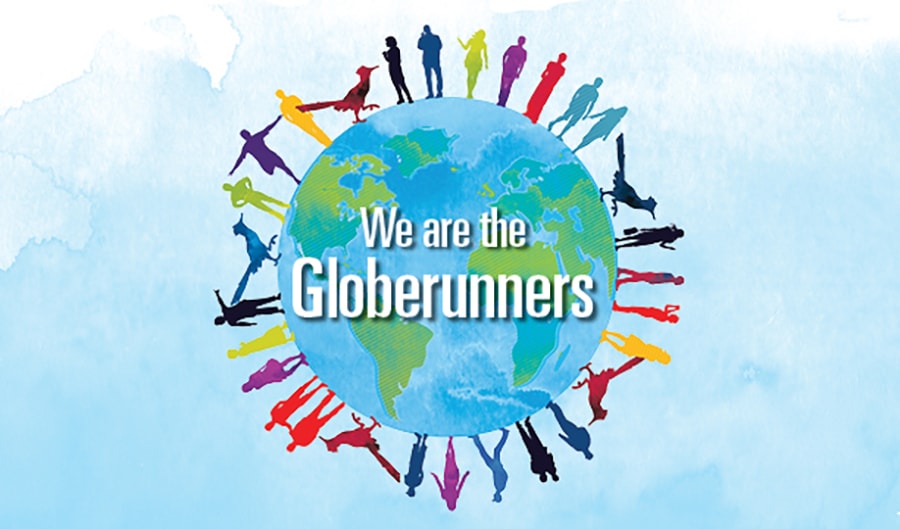
The MSU Denver experience extends far beyond the geographic boundaries of Speer, Colfax and Auraria Parkway. Whether it’s an immersive, faculty-led course abroad or on-campus instruction from an international scholar, Roadrunners benefit from programs and partnerships that reach all corners of the globe.
“Any discipline has an international dimension,” says Akbarali Thobhani, Ph.D., executive director of the Office of International Studies. “Our students benefit by learning what’s going on in their field everywhere. They’re connected to the broader global community, not operating in an isolated silo.”
By connecting students with experts at all stages of the knowledge-creation process – and in all time zones – the global community prospers.
“We know study abroad and exposure to international environments can be a life-changing experience,” Thobhani says. “It’s directly tied to factors like motivation, intercultural communication and building connections that last a lifetime.
“And when people see the world outside the one they know, they pick up new ideas – not just about foreign cultures, but about themselves.”

Law in The Hague – police in Seoul
MSU Denver students get the job done by doing things differently, including study abroad.
Case in point: In 2017, 26 Criminal Justice and Criminology students spent their spring breaks in The Hague, Netherlands, as part of a condensed three-credit course. Accompanied by three CJC faculty members, the group visited the Peace Palace, which houses the United Nations’ International Court of Justice, the Permanent Court of Arbitration and The Hague Academy of International Law.
In addition to giving students real-world exposure to one of the highest judicial bodies in the world, the MSU Denver expedition recently netted the Academy for Criminal Justice Sciences’ Education Award for National Criminal Justice Month.
“We had so many opportunities you wouldn’t have as part of a traditional study-abroad program,” says CJC alumna Charleen Strother, who participated during her time at MSU Denver. “Because this was a class, we got into places no one else could. It was incredible.”
And in 2016, a group of criminal justice students joined Hyon Namgung, Ph.D., studying abroad for 11 days in Seoul, South Korea. Namgung led the contingent on a tour of his home country’s National Assembly, Supreme Court and police headquarters – fittingly, as he’d served there as an officer for 16 years.
For Drew Stem, a criminal justice minor, the opportunity provided direct insight into his goal of becoming a therapist or clinician.
“I feel like in order to talk to people, you need to have experiences so you can try to relate,” he says. “Going to different countries and learning about people from unique backgrounds and cultures helps me appreciate other perspectives.”
Namgung – who earned degrees in South Korea, the U.K. and the U.S. – echoed the transformative potential of immersive international learning.
“In foreign countries, most things are different,” he says. “By just observing the people, transportation, weather, food and other systems, you can learn something new, exciting and interesting.
“Comparing any U.S. system – health, criminal justice, transportation – to that of another country is a great educational experience.”

Big growth over a decade
Studying abroad is certainly a centerpiece of that international experience, but it’s far from the only one.
The past 10 years have seen a rapid rise in international program development at MSU Denver, an umbrella that also includes efforts such as faculty exchanges, joint research and a partnership with Denver Sister Cities International, Chamber of the Americas, World Denver, Denver Council on Foreign Relations and more.
“Our emphasis on internationalization is extremely important,” Thobhani says. “It directly helps support our mission. We’re creating opportunity for direct mobility or enhanced international expertise to transform students in the classroom.”
A key vehicle for this has been successful grant applications. In 2010, MSU Denver received a major award from the State Department to develop a program for 15 students to study abroad for two months at the University of Aksum in Ethiopia. As part of the activities, the two universities also raised funds to build an elementary school in a rural area.
And in the past five years, the University has received four prestigious Fulbright-Hays grants for international seminars in Turkey, Morocco and Egypt along with the most recently awarded one for India.
This June, professor of English James Aubrey, Ph.D., associate professor of history Andrew Muldoon, Ph.D., and Thobhani will lead a delegation of MSU Denver students and faculty, along with teachers from Denver Public Schools’ Denver Center for International Studies, through India, studying multiple facets of the Indian state and society.
In total, global education efforts have yielded more than half a million dollars in grant funding and resulted in the development of about 50 new study-abroad programs over the past decade. Scholarships and financial aid help make participation more accessible.
“Our world is deeply integrated through so many different complex interdependencies, it is critically important that our students have an opportunity to see these connections that cross so many state and disciplinary boundaries,” says Provost and Vice President of Academic Affairs Vicki L. Golich, Ph.D.
“All careers of the future will require both knowledge of and sensitivity to the similarities and differences across cultures. It’s wonderful that we’ve created so many opportunities for our students to engagewith people and places outside the United States.”

Architecture students building a better world
One of the most successful examples of a collaboration has been with the University of Pécs. MSU Denver’s connection with the Hungarian college started in 2009, when Jeno Balogh, Ph.D., and Zsuzsa Balogh, Ph.D., both faculty in the Department of Engineering and Engineering Technology, recognized international collaborative opportunities between the institutions.
Today, faculty from Pécs regularly come to teach civil engineering technology and architecture classes on a scholar visa. Others make short-term visits as guest lecturers in varied areas at MSU Denver.
This past fall, Tibor Dányi, Ph.D., a visiting scholar and affiliate faculty member, took his architecture students to the Beloved Community Village, a tiny-home community in Denver dedicated to addressing housing insecurity. Afterward, they designed small-scale microhomes as part of the class.
“In Hungary, we face similar challenges with homelessness,” Dányi says. “It was good to talk about social housing and explore possible options as solutions.”
An added bonus? CET students who complete MSU Denver’s architecture minor are guaranteed acceptance into the University of Pécs’ architecture master’s.
This successful relationship with the Hungarian institution has continued to build steam, evolving to include six departments as varied as political science, art and Africana Studies.
To cultivate understanding – through mole
When faculty and students from the Department of Hospitality, Tourism and Events went to the Instituto Universitario de Oaxaca in Oaxaca, Mexico, for a Pan American cooking competition in 2014, they were impressed by the integral nature of the local food supply in what’s widely considered the cultural-cuisine capital of Mexico.
“In the United States, we can eat strawberries [out of season] in January because they’re imported from Argentina or Chile, but in Oaxaca there’s little importing of ingredients for their wonderful dishes,” says chef Jackson Lamb, professor of restaurant management at MSU Denver. “We’d just launched our new urban agriculture curriculum, and the Farm to Table Sustainability class represents exactly how the people of Oaxaca have eaten for centuries.”
The 200-year-old “mercados” in Oaxaca Centro provided the inspiration for cuisine that HTE students prepare in class, including salsa, variations of classic mole sauces and caldo de piedra, translated as “stone soup.”
What began five years ago as a teacher exchange has blossomed into a formal faculty-led study-abroad program for MSU Denver students and a prosperous ongoing institutional relationship in Mexico (pictured above).
It hasn’t been limited to those studying hospitality, either. Students from disciplines including modern languages, nutrition and integrated health care have taken part in the venture in order to study heritage and culture through a culinary lens.
“In the kitchen – like life – sometimes it’s easy to overcomplicate things,” Lamb says. “At the end of the day, though, we all need to eat. It’s important to get back to the basics of food, family and the connection to where it all comes from.”
Exchanging respect and perspectives
Thanks to the continually developing partnerships, Roadrunners also gain international perspectives right here on campus – no checked luggage or customs declaration required.
For one visiting scholar, the nontraditional makeup of MSU Denver’s classes is a definite strength.
“In one photography class I was a guest in, there was a student who was over 60 years old,” says Wenfeng Shen, Ph.D., advanced editor and deputy president of Quanzhou Radio & Television Station in China’s Fujian Province.
“That’s very good – it helps us understand how we can better serve all of society. In China, there’s a deep respect for older generations.”
Another visiting scholar noted how these cultural differences impact pedagogical practice. For Jin Feng, professor at the Beijing Institute of Technology, research into implementing a flipped classroom model – in which instructional content is delivered largely online and outside of the school, while class time is focused on what traditionally was known as homework – faces a different challenge within the teacher-centered delivery found throughout the Chinese education system, where students aren’t used to a non-lecture format.
This perspective helps shape a more nuanced take on a current hot topic within education. And regardless of the field, students gain a broader perspective on applied thought, both directly from guest instructors and indirectly from their influence across departments.
“Studying media convergence here in the U.S. has borne many fruits,” Shen says. “By teaching students how to think critically, especially in disciplines like journalism, they see the world differently.”
Working together – half a world apart
Two years after the fall of the Berlin Wall, Albania emerged from nearly half a century of Communist rule over the southeastern European country.
“Whether friend or family, everyone knew someone who was imprisoned or died within harsh conditions,” says Peg Fraser, Ed.D., professor in elementary education and the lead advocate of MSU Denver’s partnership with the University of Shkodra.
“Albania has really embraced education as a way to advance society,” Fraser says. “Everyone at the university is so eager to learn.”
Fraser and MSU Denver’s former president Stephen Jordan, Ph.D., led a delegation to the school to kick off the partnership, which formally began in 2010. Since then, several education and political science faculty members have gone on exchanges as guest lecturers, conference presenters and joint-research contributors.
A central part of this partnership has been building the infrastructure to share resources. MSU Denver’s Instructional Technology Services helped set up a BlackBoard learning management system interface as a central repository for the universities to collaborate and pool materials. Microlessons from teacher education professors in Denver have been filmed and widely implemented in Shkodra.
The result is an ongoing two-way exchange of information that’s enhancing curricula and transforming lives on both sides of the Atlantic.
“The heart of the people we’re working with is just amazing. They’ve got a tenacity and willingness to overcome amazing odds,” Fraser says. “In that sense, there couldn’t be better matches for a partnership than placeslike the University of Shkodra and MSU Denver.”



